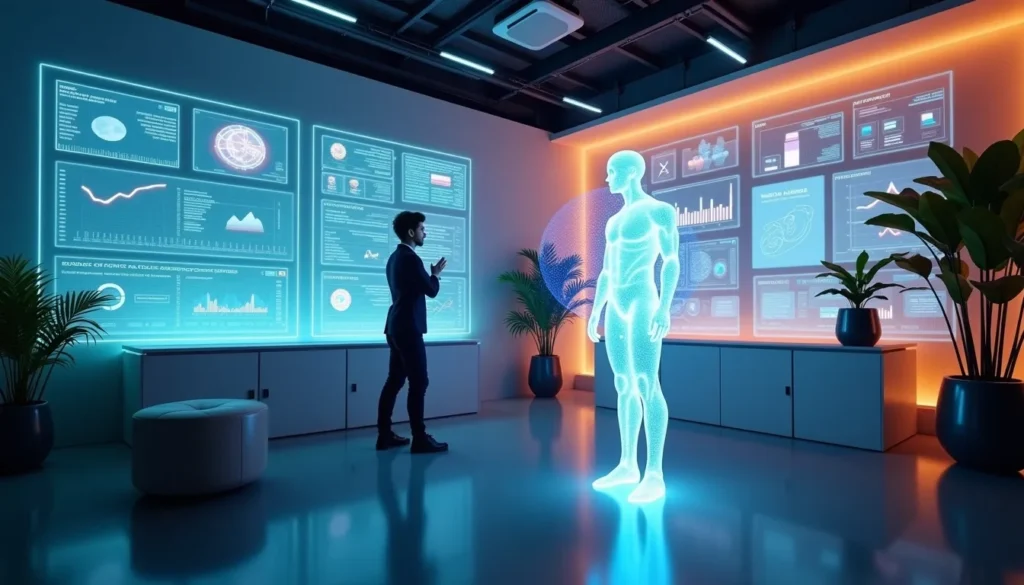The Rise of AI Agents: How Autonomous AI Is Redefining the Future of Work and Innovation
Introduction: Understanding the Power of AI Agents
Digital transformation is accelerating, and AI Agents are no longer confined to visions of the future—they’re now practical tools in modern business operations. In sectors driven by rapid data analysis and complex decision-making, organizations are leveraging Autonomous AI to create systems that interpret context and act independently, fueling a new wave of innovation.
Unlike traditional automation, AI Agents combine real-time learning and adaptive decision-making, empowering industries like healthcare, finance, and education to optimize workflows and deliver strategic insights that drive growth. Their contextual awareness means they not only handle current tasks efficiently but also help businesses pivot swiftly in changing markets.
This evolution is grounded in partnership. Rather than replacing people, AI Agents work alongside teams to process routine tasks and data, allowing humans to invest their energy in creativity, collaboration, and strategic problem solving. The synergy between autonomous systems and human expertise leads to increased innovation and genuine workplace empowerment.
Scaling operations becomes more manageable as these intelligent assistants automate repetitive workflows, freeing employees for higher-level projects and enabling rapid business expansion without sacrificing quality or oversight.
Ethical design and transparency are essential as Autonomous AI becomes integral to daily operations. Developers prioritize fairness, data privacy, and explainable decision-making so these tools remain trustworthy and responsible, even in sensitive domains.
By embracing AI Agents and the autonomy they offer, forward-thinking companies turn industry challenges into opportunities, positioning themselves at the forefront of lasting digital transformation.
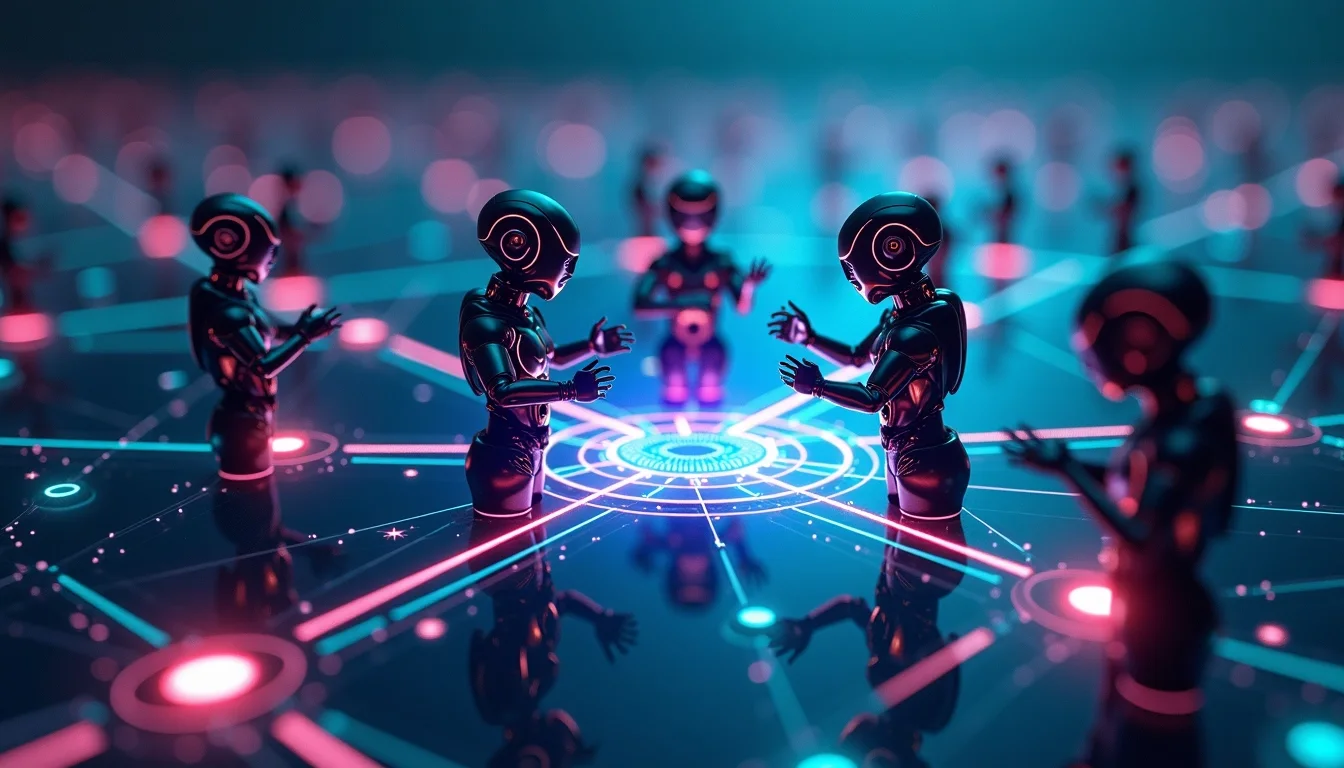
Understanding What AI Agents Really Are
AI Agents are intelligent entities designed to interpret data, understand their environment, and act toward specific objectives. Through technologies like machine learning, natural language processing, and predictive analytics, these agents deliver practical solutions to a wide range of business needs—from answering customer questions to optimizing supply chains.
What sets them apart is their adaptability. With every interaction, AI Agents learn and evolve, fine-tuning their decision-making processes and problem-solving abilities. This ongoing development equips them to handle complex and changing challenges, essential for dynamic industries facing constant disruption.
Collaboration is a core feature. Organizations deploy multiple agents that communicate, share information, and coordinate activities, forming powerful networks that distribute intelligence and boost overall efficiency.
Driving this progress is Autonomous AI, which enables agents to operate with more independence and foresight. Instead of simply reacting to instructions, these advanced systems anticipate requirements and take proactive steps, resulting in smoother, more responsive workflows for businesses and their customers.
To maintain trust and accountability, developers emphasize transparency and ethical standards. This means clear decision logic, ongoing oversight, and a commitment to respecting privacy, even as systems grow more sophisticated.
Ultimately, AI Agents—supported by the expanding capabilities of Autonomous AI—embody the fusion of intelligent automation and continual learning. As they become more advanced, their influence on productivity, innovation, and business growth will only accelerate.
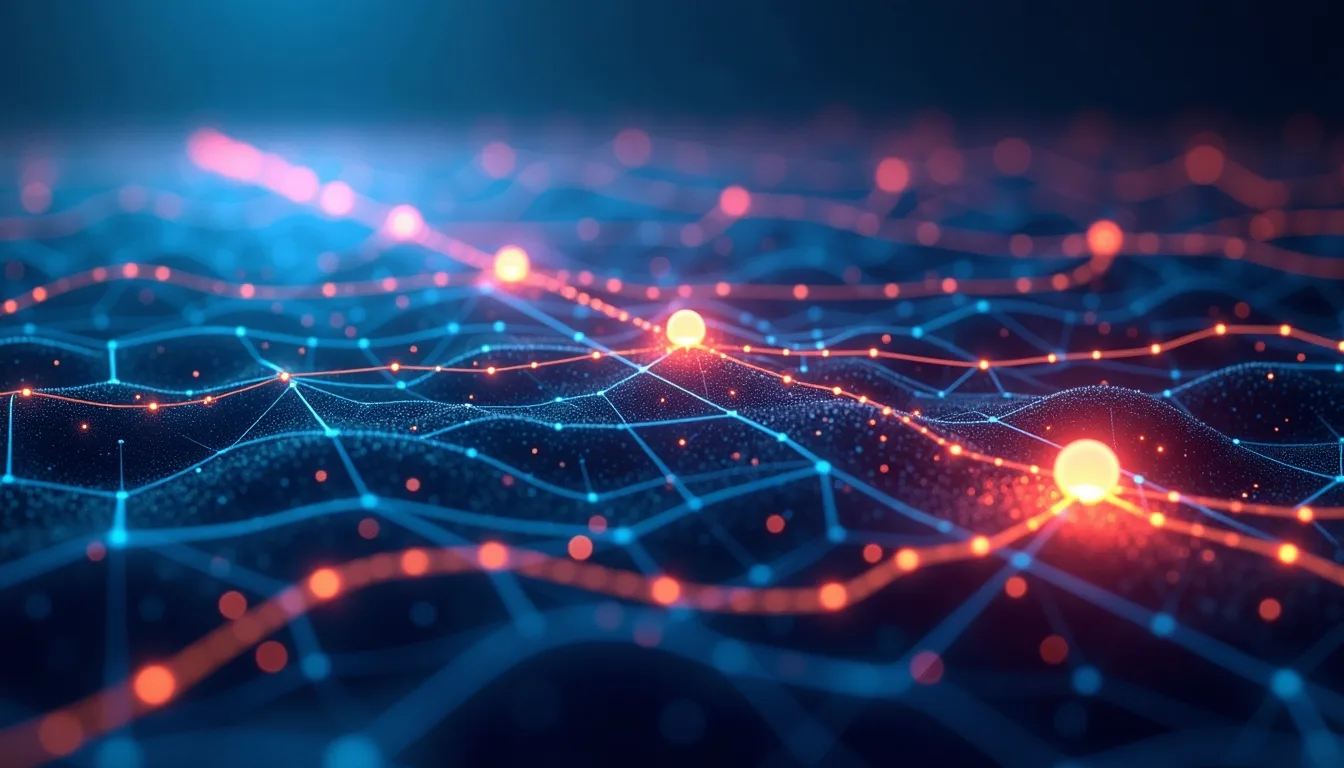
How Autonomous AI Enables True Independence
Autonomous AI brings new capabilities to the table, giving agents the power to operate without explicit programming for every scenario. These systems draw on reinforcement learning, cognitive reasoning, and neural networks to maximize performance and react effectively in unpredictable environments.
By simulating trial and error, autonomous agents continually adapt their strategies for optimum results. This flexible learning loop ensures they deliver smarter, safer decisions no matter how complex the challenge. The implications for logistics, safety, and customer service are immense.
Multi-agent decision-making amplifies impact. When numerous autonomous AI agents work together, organizations gain a scalable framework for solving intricate problems—each agent pursuing its objectives yet aligning with overall goals.
Self-explanation sets autonomous agents apart from black-box algorithms. They can justify decisions, aiding compliance and transparency in highly regulated industries. This builds trust and helps organizations meet strict ethical standards while innovating rapidly.
Security is integral at every level. Autonomous agents monitor operations, detect anomalies, and respond to threats, minimizing risk across digital ecosystems. This agility results in robust defense systems that safeguard sensitive information and transactions.
Human input still matters. The best AI systems use feedback from people to update protocols, goals, and ethical parameters, keeping technology and humanity in sync. Autonomy in AI is not isolation, but collaboration, driving progress across industries.
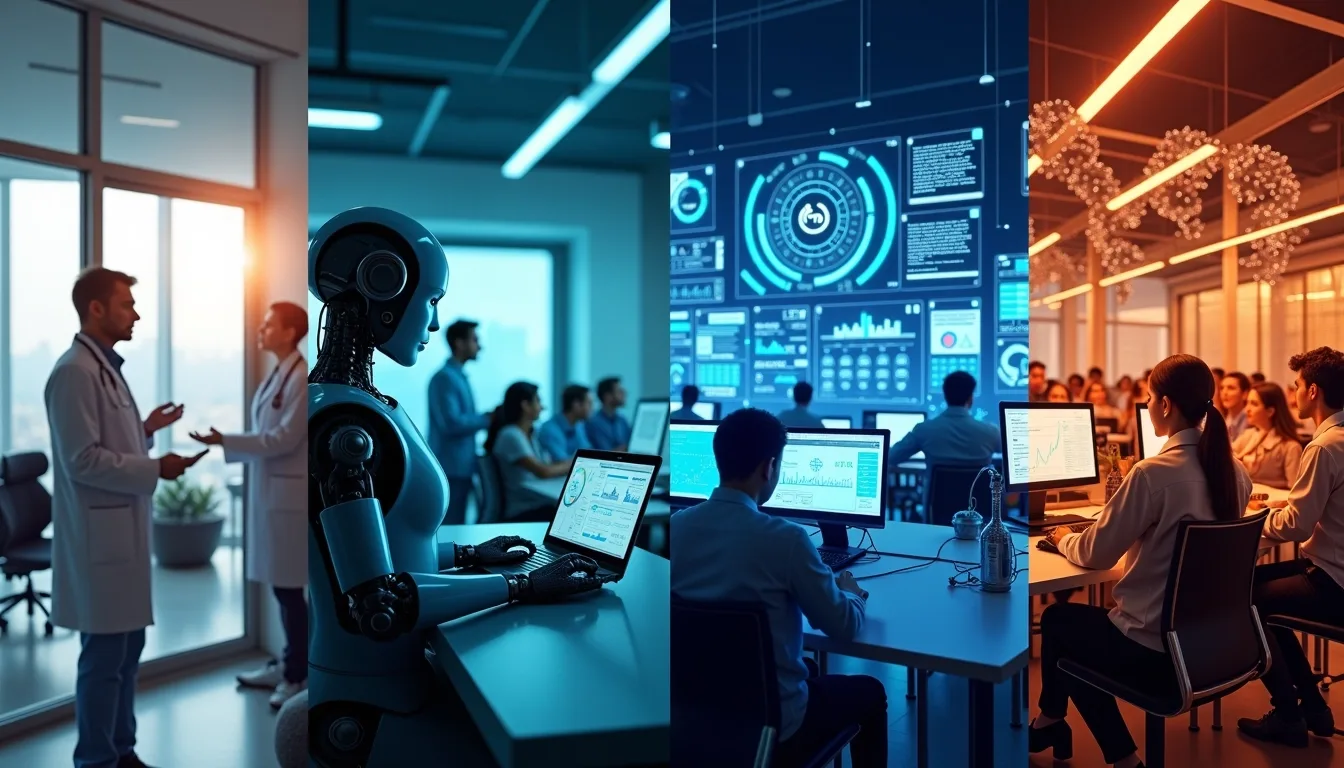
Real-World Applications of AI Agents
Healthcare is experiencing a major transformation thanks to the integration of AI Agents throughout the patient journey. These intelligent systems constantly monitor vital signs, analyze electronic medical records, and flag health risks as soon as they emerge. By instantly processing massive volumes of clinical data, AI-driven platforms support more accurate and timely diagnoses. With proactive risk prediction and personalized care recommendations, these tools not only elevate patient outcomes but also help hospitals lower costs through prevention and smarter resource allocation.
In the financial sector, Autonomous AI is ushering in a new era of stability and insight. Autonomous agents now detect fraud, clear transactions, and even execute complex trades around the clock based on real-time market analysis. Their ability to rapidly identify suspicious activities and ensure compliance with regulatory standards is transforming risk management. Additionally, personalized portfolio recommendations and economic trend monitoring empower institutions to manage risk and uncover new growth opportunities.
In the marketing world, Autonomous AI has become essential for crafting smarter campaigns and deeper audience engagement. These systems analyze streams of data from websites, emails, and social platforms to unearth actionable insights into consumer behavior. AI-powered agents tweak campaign content and timing on the fly, optimizing reach and return on investment. For brands and influencers, this means adapting strategies instantly as audience responses shift, ensuring messaging consistently resonates with their target markets.
Manufacturing and logistics are reaping significant benefits from AI-powered advances. Smart agents monitor equipment health, track inventory, and coordinate fleet movements in real time for maximum productivity. Predictive maintenance minimizes downtime by servicing machines before failures occur, while supply chain agents dynamically route shipments for speed and sustainability. This proactive management, fueled by massive data analysis, is foundational to the industry’s transition into the new era of Industry 4.0.
Customer experience has reached new heights with AI Agents providing support via chatbots, voice assistants, and automated help desks. These agents respond to inquiries, recommend products, and personalize every interaction across multiple channels. Their continual learning after each conversation means service grows smarter, faster, and even more relevant over time. Businesses investing in AI-powered support end up not just meeting but exceeding customer expectations, fostering lasting loyalty and satisfaction.
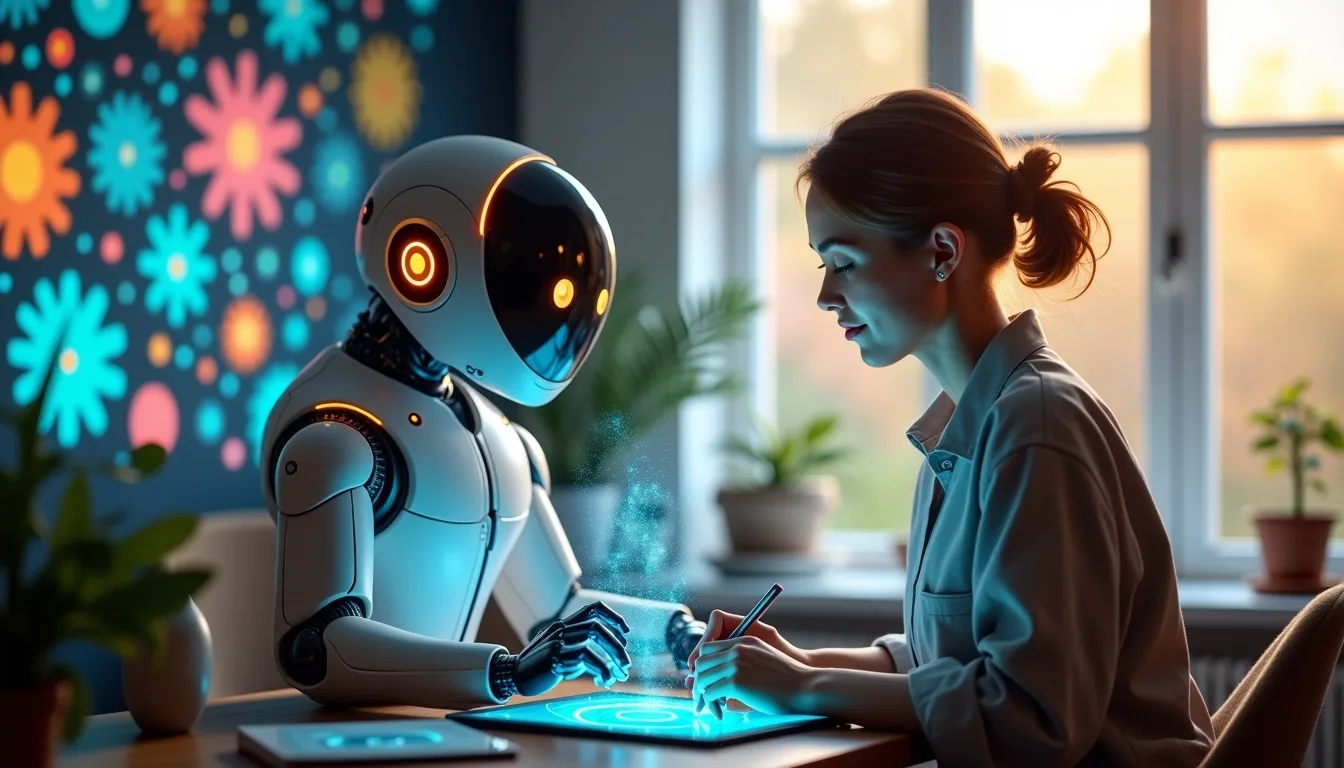
The Human-Centered Side of AI Agents
At their core, AI Agents are designed to amplify human potential and enhance overall wellbeing. By efficiently handling repetitive and time-consuming tasks, these systems let people focus their attention on creative projects, big-picture strategies, and deep human connections. The shift away from routine work improves productivity while also contributing to higher workplace satisfaction and a more engaging environment. Across industries, this has led to happier teams and more innovative solutions.
Personalization is key to the modern technology landscape, and intelligent agents are at the forefront of this transformation. These systems help manage schedules, monitor trends, and offer recommendations tailored to the unique needs of each user. Their advanced language capabilities ensure communication is both seamless and natural, making technology feel like a helpful companion rather than a distant tool. The result is technology that adapts to you, instead of forcing you to adapt to it.
Scientific research and discovery have been revolutionized by the analytical power of AI Agents, which can sift through enormous datasets, cross-reference study results, and generate concise summaries in seconds. Researchers now enjoy faster hypothesis testing and more distilled insights, accelerating the journey from question to breakthrough. This means a greater pace of discovery not just in one field, but across medical, technological, and academic domains alike.
Creative professionals—writers, designers, and artists—are among the biggest beneficiaries of Autonomous AI. These agents provide brainstorming support, streamline editing processes, and assist in generating prototypes and drafts. The automation of routine steps liberates human energy for deeper creative exploration. New ideas can flourish as digital assistants handle the groundwork, allowing creators to push the boundaries of innovation.
Emotion-aware agents represent the next frontier in digital support, embedding emotional intelligence into every interaction. With these advanced capabilities, AI systems can recognize cues, provide empathetic responses, and help users manage stress or improve work-life balance. Reminders to pause, reflect, or check in on wellness transform algorithms from purely technical assistants into genuine partners for mental and emotional health.
Ethics and accountability must remain at the center of every advancement. Transparency, fairness, and human-centric guidelines are critical to ensure that AI Agents and their designers work as allies in empowerment—not just efficiency. The collaboration between developers and users will shape a future where technology builds trust, promotes creativity, and uplifts every aspect of professional and personal life.

Challenges and Ethics in Autonomous AI
The increased autonomy of intelligent systems brings forward a new era of ethical challenges for both businesses and society. With Autonomous AI now capable of making decisions that carry significant impact, issues like accountability and transparency have never been more critical. Systems must be able to explain and justify their actions, ensuring that behaviors align with organizational values and public regulations. This level of openness is essential for building lasting trust and ensuring responsible progress.
Concerns around bias and discrimination require special attention as algorithms become more independent. Autonomous AI learns from historical data, which may include the ingrained prejudices of past decisions or social structure. Developers and stakeholders must work together to constantly audit performance, diversify training data, and engage voices from different backgrounds. Only by being vigilant and proactive can organizations foster truly ethical and inclusive AI solutions.
Security stands as a foundational pillar in the world of AI Agents. As these systems manage increasingly sensitive data and critical infrastructure, organizations must invest in robust cybersecurity, regular monitoring, and fast incident response plans. The stakes are higher than ever, and maintaining both operational integrity and public confidence in AI-driven decisions is non-negotiable for responsible businesses.
Legal frameworks are racing to keep pace with the rapid emergence of Autonomous AI across industries. Businesses need to stay ahead by proactively adapting policies and practices for evolving rules around data privacy, consumer rights, and ethical use. This involves close collaboration with policymakers, industry leaders, and ethics boards, ensuring that technological progress never outpaces society’s ability to govern it responsibly.
No matter how advanced technology becomes, human oversight remains a vital safeguard. AI Agents are most effective when they support, rather than replace, complex human judgment and experience. Clear feedback channels and a design process that incorporates human values help ensure alignment between autonomous systems and the best interests of people and organizations.
The conversation doesn’t end after deployment. Ongoing communication among users, developers, regulators, and the public is essential for shaping best practices and standards. A culture of openness, feedback, and joint problem-solving is key to making Autonomous AI safe, fair, and truly beneficial for everyone as it integrates deeper into society.

The Future of AI Agents and Autonomous Systems
The fusion of AI Agents and Autonomous AI is ushering in an era of intelligent collaboration. Cities, workplaces, and homes are being transformed by digital companions and responsive infrastructure, making daily life more efficient and creative. As humans and machines work together, new possibilities emerge for growth and innovation.
Urban environments may see the greatest transformation, as autonomous agents orchestrate everything from traffic flow and public transportation to emergency response and energy management. These smart systems enable cities to operate more sustainably and securely, dynamically adapting in real time to residents’ needs. Through optimized infrastructure and services, neighborhoods will become safer, cleaner, and far more connected. The smart city of tomorrow is one where AI Agents work tirelessly behind the scenes.
In the world of creativity and entertainment, professionals and AI Agents will increasingly collaborate to build personalized experiences. Whether it’s developing immersive virtual worlds, adaptive learning platforms, or new forms of interactive media, machines will help bring human visions to life. Real-time data and emotional insight will personalize everything from storytelling to education, unlocking a new era where creative expression is limitless and uniquely tailored to each individual.
Everyday life will feel the impact as well, with intelligent health coaches, personalized digital assistants, and smart social planners guiding routines for balance and wellbeing. These innovations will help people manage information overload, set meaningful goals, and achieve a greater sense of personal fulfillment. As machines and humans learn to co-create meaning and happiness, our daily lives become more connected, intentional, and rewarding.
It’s crucial, however, that ethical oversight and continuous feedback evolve alongside these technologies. As AI Agents and Autonomous AI become more deeply embedded in society, the responsibility to guide their direction and adapt to emerging risks grows ever more important. By aligning technological advances with core human values, we ensure that every step forward is taken with safety, fairness, and purpose at its heart.
Ultimately, these breakthrough technologies are not just tools for predicting the future—they are partners for actively creating it. The choices and collaborations we make today with AI Agents and Autonomous AI will shape the direction and quality of our shared tomorrow.
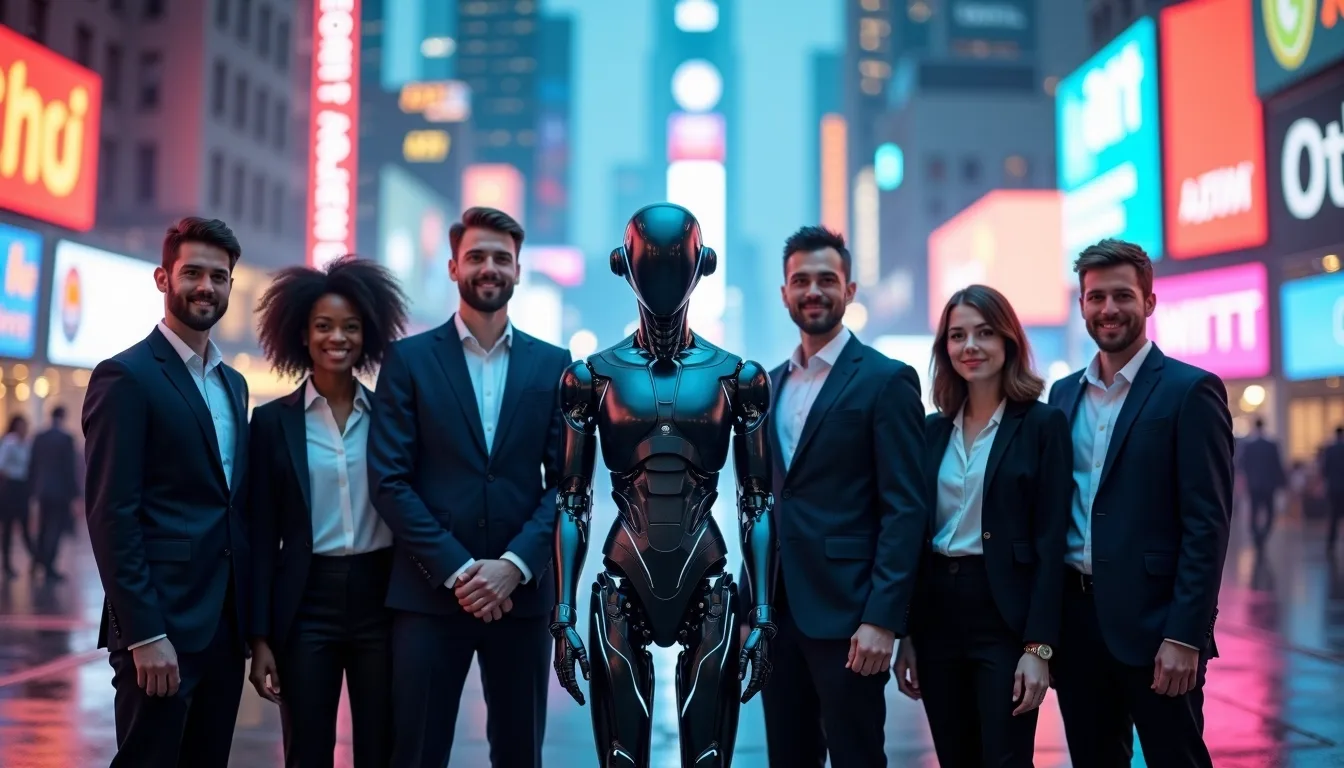
Final Thoughts
AI Agents have moved from concept to cornerstone of modern innovation, powered by the autonomy, adaptability, and reliability of Autonomous AI. Businesses and individuals who embrace these technologies unlock greater creativity, efficiency, and growth.
The journey is both exciting and demanding. Ethical design, robust security, and responsible governance must be prioritized as capabilities grow. Transparent systems build trust, and continuous learning yields sustainable progress.
Partnership is the key theme—AI Agents are here to enhance our abilities, not replace them. Their intelligence fuels discovery, while our human values shape their direction and impact.
Creativity stands to flourish. With repetitive work automated, we can dedicate energy to vision, strategy, and building community. AI Agents will be vital companions on the journey, personalizing the digital experience and broadening our horizons.
To realize their full potential, organizations must pursue agility, ethical clarity, and broad collaboration. This is the foundation for shaping an AI age that is inclusive, transformative, and deeply human.
For the latest in this fast-evolving field, follow AI Tech Unboxed for more AI TECH UPDATES!
Frequently Asked Questions (FAQs)
1. What are AI Agents?
AI Agents are intelligent systems built to independently perceive, learn, and act in pursuit of set goals, often improving efficiency or personalization in business and life.
2. How does Autonomous AI differ from regular AI?
Autonomous AI enables systems to act without constant instructions, adapting to changing circumstances and learning from experience for smarter, context-driven decisions.
3. Are AI Agents replacing human jobs?
AI Agents automate repetitive work, freeing humans for creative, strategic, and relationship-focused roles where human skills truly excel.
4. What industries benefit most from AI Agents?
Healthcare, finance, education, marketing, manufacturing, and logistics see significant efficiency, insight, and personalization gains from AI Agents.
5. How can businesses safely implement AI Agents?
By adopting clear governance frameworks, monitoring agent decisions, and prioritizing data privacy and ethics in every stage of AI integration.

